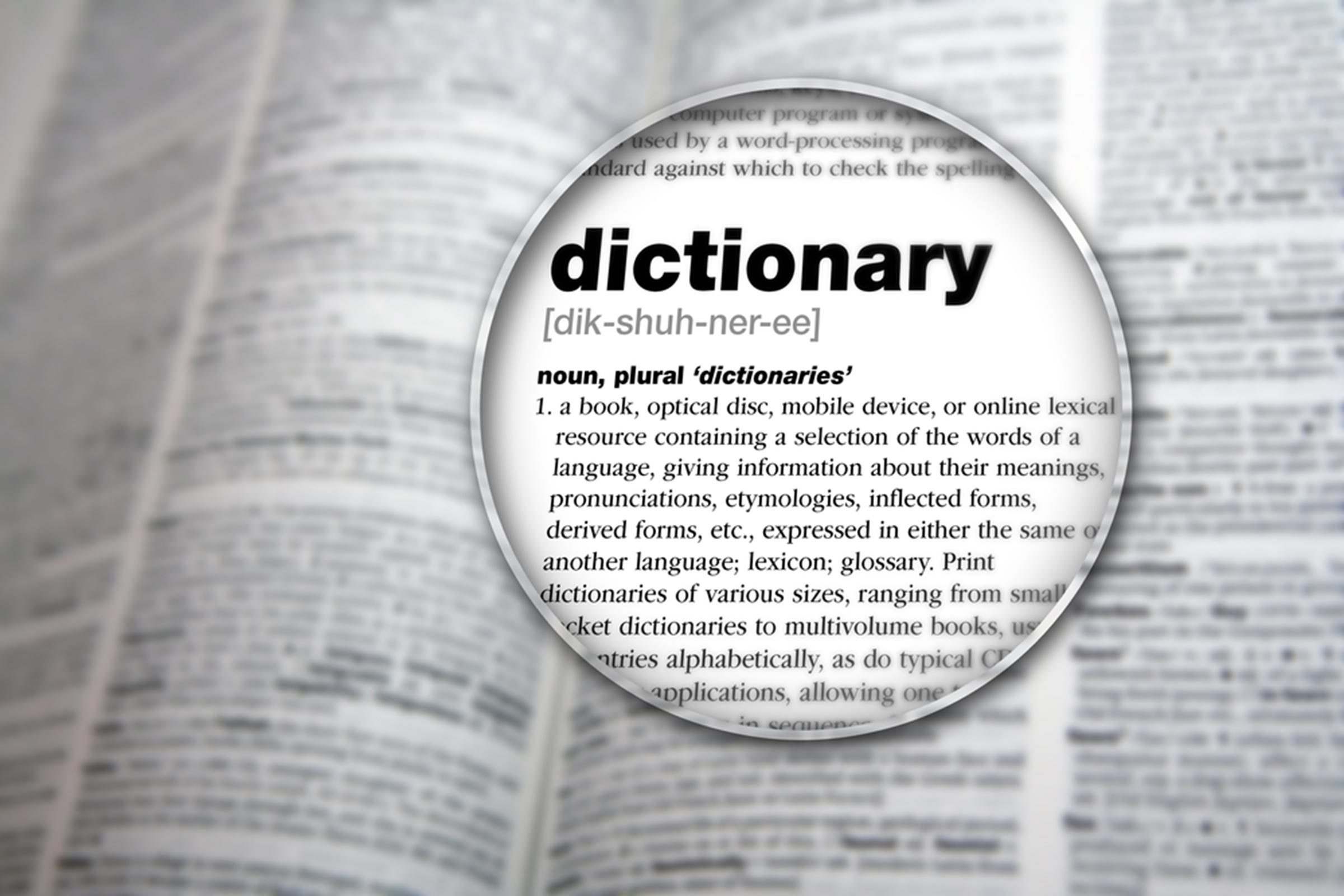
By: Yuliana Loría Villalobos
1) Thoughts /θɑːts/
Noun
The act of thinking about or considering something, an idea or opinion, or a set of ideas about a particular subject.
E.g. I'll explain to you my thoughts about the topic.
2) Phenomenon /fəˈnɑː.mə.nə/
Noun
Something that exists and can be seen, felt, tasted, etc., especially something unusual or interesting.
E.g. It's a natural phenomenon.
3) Hyperactivity /ˌhaɪ.pɚ.ækˈtɪv.ə.t̬i/
Noun
The state of having more energy than is normal, becoming excited easily, and being unable to stay, still or think about work.
E.g. Her daughter has been diagnosed with a hyperactivity disorder.
4) Compare /kəmˈper/
Verb
To examine or look for the difference between two or more things.
E.g. You can't compare them with robots.
5) Impede / ɪmˈpiːd/
Verb
To make it more difficult for something to happen or more difficult for someone to do something.
E.g. His problem hasn't impeded his goals.
6) Revise /rɪˈvaɪz/
Verb
To look at or consider again an idea, piece of writing, etc., in order to correct or improve it.
E.g. The teacher made him revise his homework.
7) Underlying /ˌʌn.dɚˈlaɪ.ɪŋ/
Adjective
Real but not immediately obvious.
E.g. It's important to look at all the underlying causes of the conflict.
8) Notwithstanding /ˌnɑːt.wɪðˈstæn.dɪŋ/
Preposition, adverb
Despite the fact or thing mentioned.
E.g. Notwithstanding these limitations, we finished the research.
9) Ease /iːz/
Noun
Absence of difficulty or effort.
E.g. He wins the competition with ease.
10) Perspiration /ˌpɝː.spəˈreɪ.ʃən/
Noun
The polite word for sweat (a clear liquid passed through the skin)
E.g. She wiped the perspiration off her face.
11) Inherit /ɪnˈher.ɪt/
Verb
To be born with the same physical or mental characteristics as one of your parents or grandparents.
E.g. He inherited his color eyes from his grandfather.
12) Bluff /blʌf/
Verb
To deceive someone by making them think either that you are going to do something when you really have no intention of doing it, or that you have knowledge that you do not really have, or that you are someone else.
E.g. She bluffed the doorman into thinking that she was a reporter.
13) Relativity /ˌrel.əˈtɪv.ə.t̬i/
Noun
A two-part theory in physics describing motion and the relationships between space, time, and energy:
E.g. I studied theEinstein’s theory of relativity
14) Innate /ɪˈneɪt/
Adjective
An innate quality or ability is one that you were born with, not one you have learned.
E.g. He has an innate intelligence.
15) Open-minded /ˌoʊ.pənˈmaɪn.dɪd/
Adjective
Willing to consider ideas and opinions that are new or different to your own.
E.g. She's an open-minded person.
Very good!
ReplyDelete